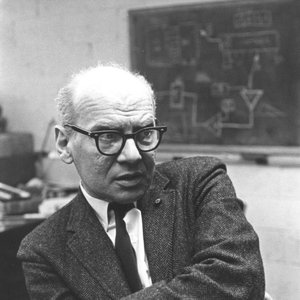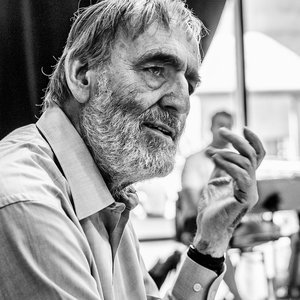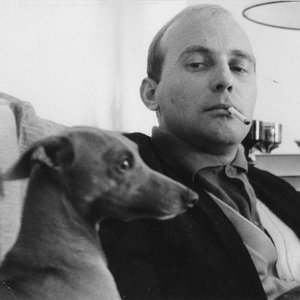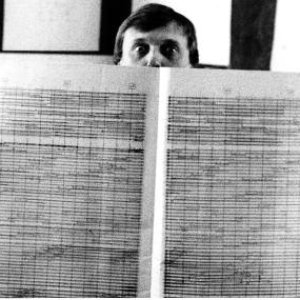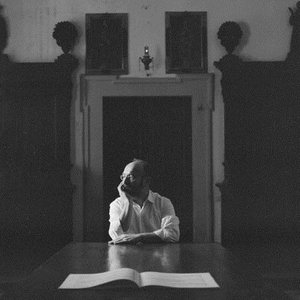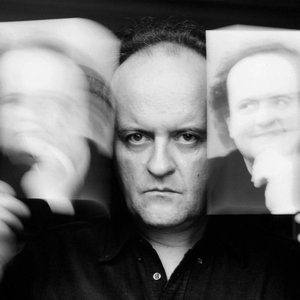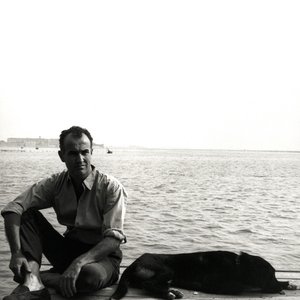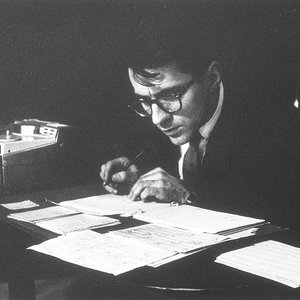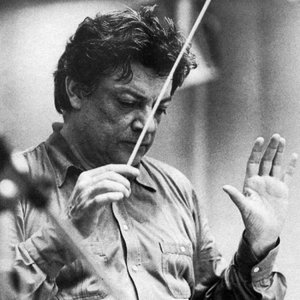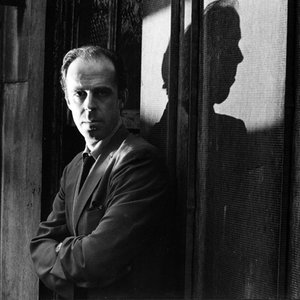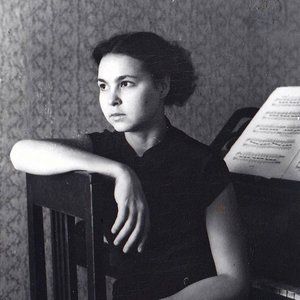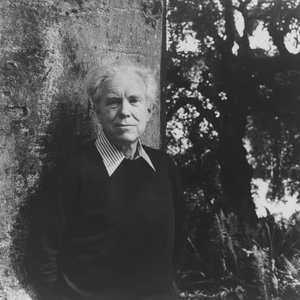Biography
-
Born
24 December 1931
-
Born In
Buenos Aires, Argentina
-
Died
18 September 2008 (aged 76)
Mauricio Kagel (born in Buenos Aires, December 24, 1931, died in Cologne, September 18, 2008) was an Argentine composer who has lived in Germany for most of his career. He was most famous for his interest in developing the theatrical side of musical performance.
Many of his pieces give specific theatrical instructions to the performers, such as to adopt certain facial expressions while playing, to make their stage entrances in a particular way, to physically interact with other performers and so on. His work has often been compared to the theatre of the absurd, and he is often talked of as the musical equivalent of Eugène Ionesco.
Staatstheater (1971) is probably the piece that most clearly shows his absurdist tendency. It is described as a "ballet for non-dancers", though in many ways is more like an opera, and the musical instruments used include chamber pots and enema equipment. As the work progresses, the piece itself, and opera and ballet in general, becomes the subject matter. Similar is the radio play Ein Aufnahmezustand (1969) which is about the incidents surrounding the recording of a radio play.
Kagel has also made films, with Ludwig van (1970) being one of the best known. In it, a reproduction of Beethoven's composing studio is seen. Everything in it is papered with sheet music of Beethoven's pieces. The soundtrack of the film is a piano playing the music as it appears in each shot. Because the music has been wrapped around curves and edges, it is somewhat distorted, but recognisably Beethovenian motifs can still be heard. Kagel later turned the film into a piece of sheet music itself which could be performed in concert without the film - the score consists of close-ups of various areas of the studio, which are to be interperated by the performing pianist.
Kagel has also written a large number of more conventional, "pure" pieces, including orchestral music, chamber music, and film scores. Many of these also make references to music of the past.
From 1960 he has taught at the International Summer School at Darmstadt.
Among his students have been Maria de Alvear, Carola Bauckholt and Juan Maria Solare.
Artist descriptions on Last.fm are editable by everyone. Feel free to contribute!
All user-contributed text on this page is available under the Creative Commons Attribution-ShareAlike License; additional terms may apply.

